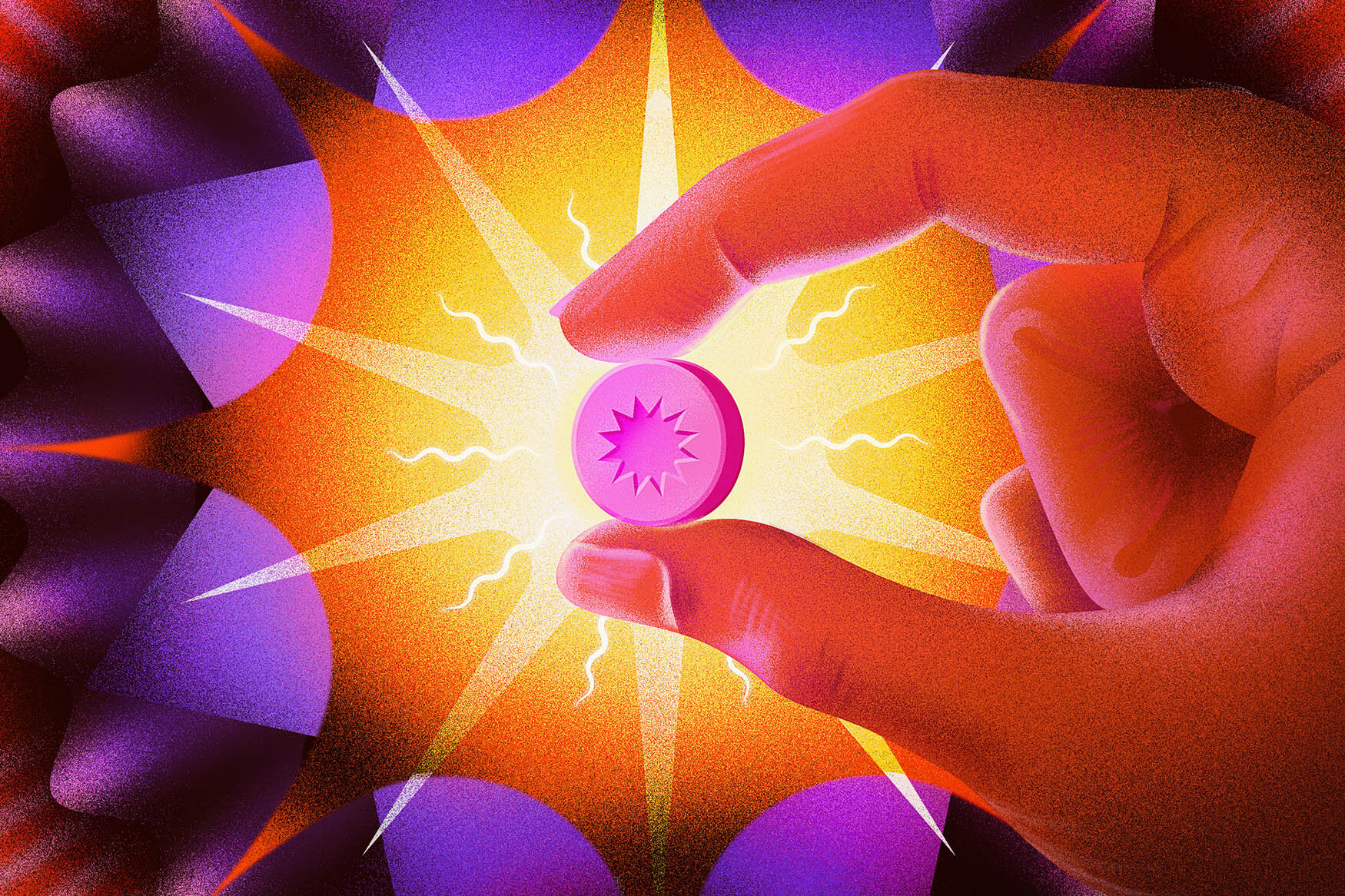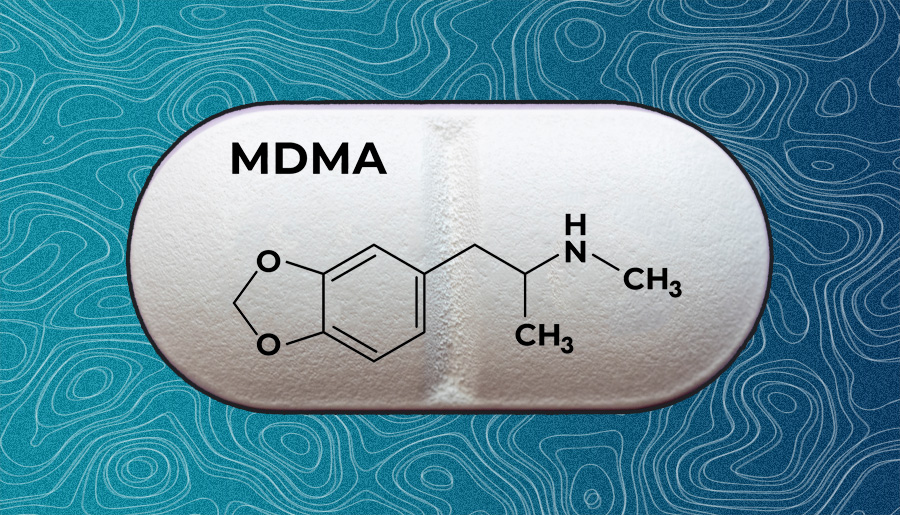By Gabriel García November 17, 2023
MDMA, also known as ecstasy, is a psychoactive substance that has become popular as a recreational drug because of its stimulant and entactogenic effects. However, before MDMA was banned and stigmatized, some psychiatrists used it as a tool to facilitate psychotherapy, especially in cases of post-traumatic stress disorder (PTSD), anxiety and depression.
What is it about MDMA that makes it potentially therapeutic? According to studies conducted with healthy volunteers, MDMA produces a series of psychological effects that can favor the therapeutic process, such as:
- Euphoria: MDMA induces a positive and optimistic mood, which can help patients face their problems with more confidence and hope.
- Emotional well-being: MDMA reduces stress, distress and fear, and increases self-esteem and self-acceptance. This can make it easier for patients to feel more comfortable and secure in the therapeutic relationship.
- Extroversion and social responsiveness: MDMA improves verbal and nonverbal communication, and fosters interest and connection with others. This can enhance the therapeutic alliance and the expression of emotions.
- Emotional openness and empathy: MDMA promotes introspection and access to traumatic memories, while lowering psychological defenses and critical judgment. This may allow patients to face their traumas with more understanding and compassion for themselves and others.
- Decreased inhibition to touch: MDMA increases sensory sensitivity and the desire for physical contact. This can help patients regain bodily pleasure and overcome affective barriers.

These effects of MDMA can enhance therapeutic work, provided that it is carried out in a controlled context, with known doses, medical supervision and adequate psychological accompaniment. This has been demonstrated by some clinical studies conducted in the United States, Switzerland, England, Israel and Canada, which have shown promising results in the treatment of PTSD with MDMA-assisted psychotherapy.
In these studies, patients received between one and three sessions of psychotherapy with MDMA, interspersed with psychotherapy sessions without MDMA. The results indicated that most patients experienced significant improvement in their symptoms, which was sustained over time. In addition, adverse effects were minimal and transient, and no signs of dependence or abuse of the substance were observed.
These findings suggest that MDMA has great therapeutic potential for treating various psychological conditions that do not respond well to conventional treatments. However, further research is still needed to confirm its long-term safety and efficacy, as well as to establish optimal protocols for its clinical use.

If you are interested in learning more about this exciting world, we invite you to consult the Psychonaut’s Guides by Argonowta. These books will give you a broad and balanced view of psychedelics and their potential therapeutic effects. Remember, however, that these substances are not a panacea or a magic solution to all your problems. Their use requires professional guidance, an appropriate context and a responsible attitude. Psychedelics can be a powerful tool for personal change, but they can also be dangerous if used inappropriately or irresponsibly.
The Psychonaut’s Guides from Argonowta Publishing is a collection of books that explain in a rigorous and accessible way the scientific, historical, cultural and experiential aspects of psychedelic substances. These guides offer updated and contrasted information on the therapeutic and neuroscientific applications of psilocybin, LSD, DMT and MDMA, as well as practical advice on how to prepare, carry out and take advantage of psychedelic experiences. The Psychonaut’s Guides are a must-have reference for anyone interested in learning about the psychedelic renaissance that is transforming mental health and changing lives.





